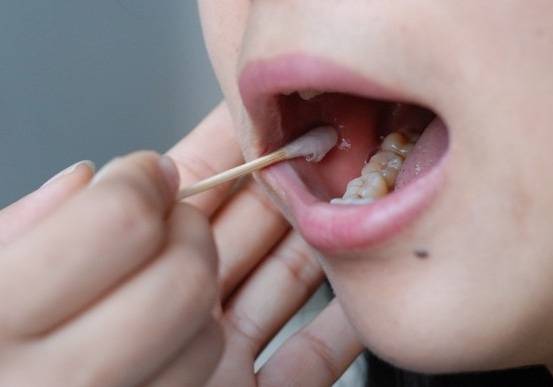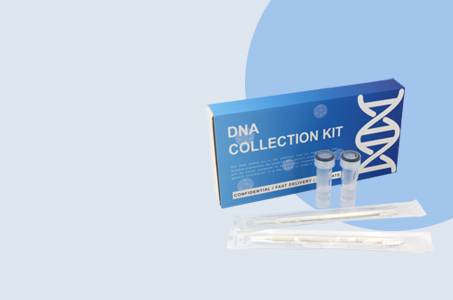What Are the Benefits of Choosing an Oropharyngeal Swab for DNA Testing
January 24, 2024 2024-01-24 7:16What Are the Benefits of Choosing an Oropharyngeal Swab for DNA Testing

What Are the Benefits of Choosing an Oropharyngeal Swab for DNA Testing
DNA testing has become an invaluable tool in various fields, providing insights into our ancestry, health, and relationships. As the demand for accurate and reliable DNA test results continues to rise, the method of sample collection plays a pivotal role. One method gaining prominence is the oropharyngeal swab, offering several advantages that contribute to the efficiency and convenience of DNA testing.
1. Non-Invasive and Painless
One of the key advantages of oropharyngeal swabs is their non-invasive nature. Unlike blood draws, which can be uncomfortable and cause anxiety for some individuals, oropharyngeal swabs are painless and well-tolerated. This makes them a preferred choice, particularly for those seeking a more comfortable testing experience.
2. Easy and Quick Collection
Oropharyngeal swabs offer a straightforward collection process. Individuals can often collect their own samples, and trained professionals can administer the swabbing procedure efficiently. The simplicity and speed of collection contribute to the overall convenience of DNA testing.
3. Reduced Contamination Risk
Contamination is a concern in DNA testing, as external elements can compromise the integrity of the sample. Oropharyngeal swabs pose a lower risk of contamination compared to some other collection methods. This reduction in contamination risk enhances the accuracy of the DNA test results, providing a more reliable outcome.
4. Suitable for a Variety of DNA Tests
Oropharyngeal swabs are versatile and suitable for a wide range of DNA tests. Whether it’s paternity testing, ancestry testing, or health-related genetic testing, the oropharyngeal swab proves to be an adaptable and effective means of sample collection.
5. Applicability in Different Settings
The flexibility of oropharyngeal swabs extends to various settings, including clinics, hospitals, and at-home DNA testing kits. Their ease of use makes them applicable in diverse environments, ensuring accessibility to DNA testing for a broad demographic.
In conclusion, choosing an oropharyngeal swab for DNA testing offers a multitude of benefits, from being non-invasive and easy to collect to reducing the risk of contamination. As the field of DNA testing continues to advance, the importance of selecting an optimal sample collection method becomes increasingly evident. Oropharyngeal swabs emerge as a valuable and practical choice, contributing to the accuracy and efficiency of DNA testing processes across different applications.




